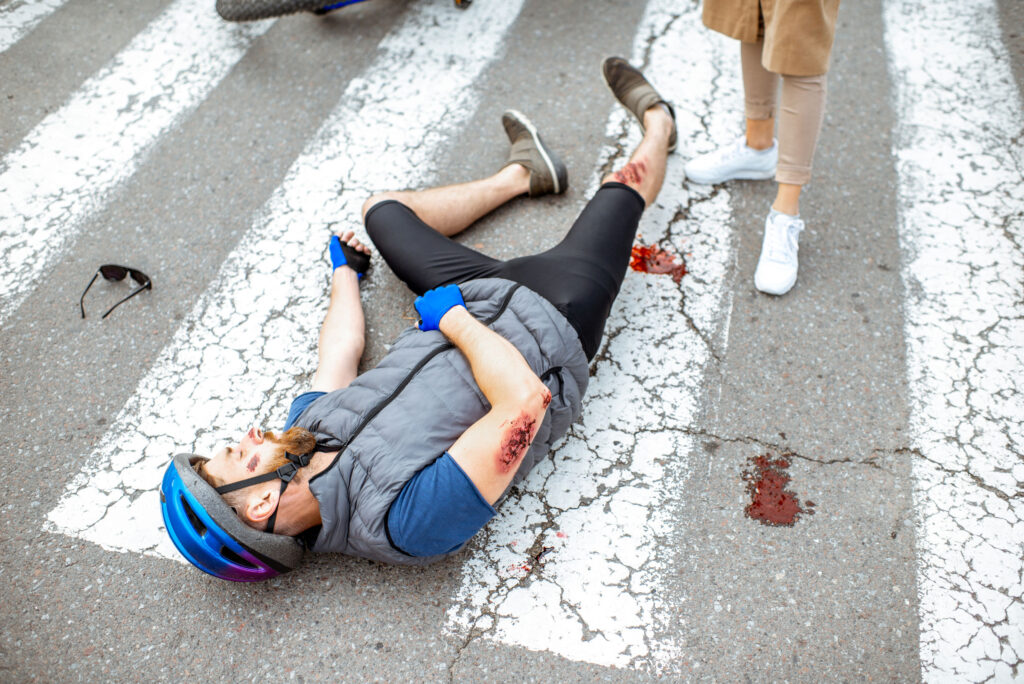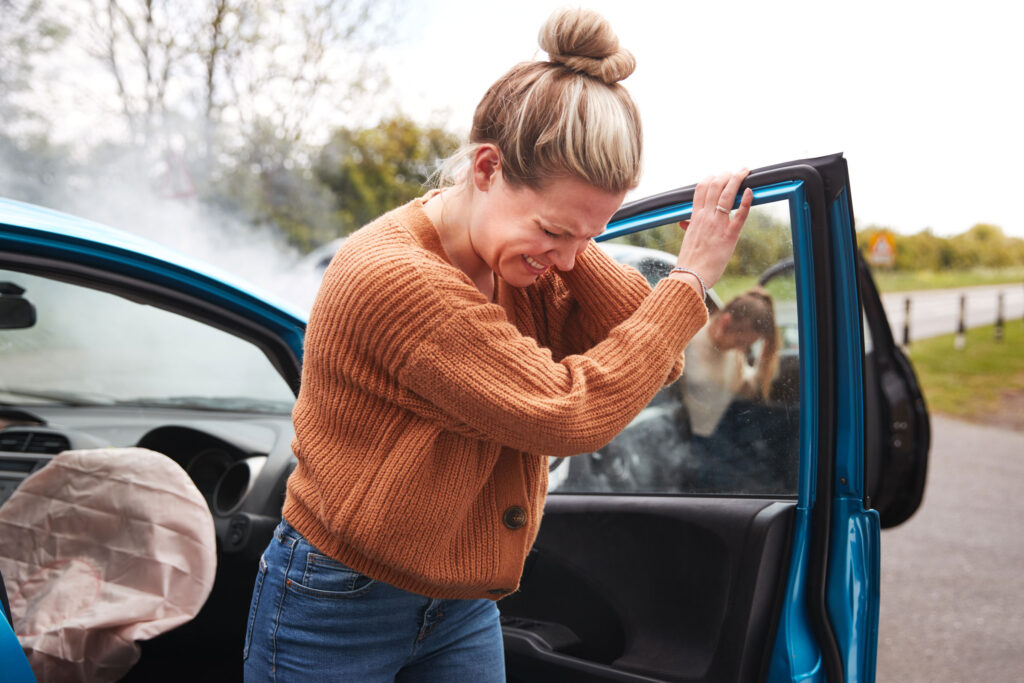A slip and fall injury, also known as a trip and fall, is a premises liability claim, a type of personal injury claim or case based on a person slipping (or tripping) on the premises of another and, as a result, suffering injury. A person who is injured by falling may be entitled to monetary compensation for the injury from the owner or person in possession of the premises where the injury occurred. A personal injury attorney will be able to help with a case of this nature, specifically by defining the extent of damages to the injured party as well as the liability of the property owner due to any negligence.
Liability for slip and fall or trip and fall injuries often fall on the owner of the premises where the injury occurred, their control of the premises, or both. For example, a retail store may be liable for a slip-and-fall injury that occurs inside the premises, even though it rents those premises, because it has exclusive control of the interior of the rented property. The owner of the premises (the retail store’s landlord) may have sole or shared liability for an injury that occurs outside of the premises in common areas or access areas, such as the injury from a fall on the sidewalk or in the parking lot of a shopping mall.
Slip and fall cases have two basic elements to determine a valid claim:
- Lack of negligence: The defendant (store owner) may argue they were not negligent in creating the condition that caused a person to slip and fall, or were not negligent in correcting the condition before injury occurred. For example, the owner of a grocery store may claim that the uncooked rice a patron slipped upon had been dropped on the floor only moments before by another patron. In this case, the storeowner could show this was not a case of negligence, as they did not have reasonable time to discover the danger and take corrective steps to mitigate the danger.
- Lack of fault: The defendant (store owner) may claim the injured person was responsible for his or her own injury. For example, the store owner may claim that any reasonable patron, exercising due diligence for his or her own safety, would see the hazardous condition of spilled food on the floor, and take those steps necessary to avoid slipping on it.
Premises liability often involves claims more serious than spilled food and often relates to hazardous conditions, including open excavations, uneven pavement, standing water, crumbling curbs, wet floors, uncleared snow, icy walks, falling objects, inadequate security, insufficient lighting, concealed holes, improperly secured mats, or defects in chairs or benches.
In any case, a personal injury attorney is advisable to determine the significance of your claim, as well as evaluate the liability of the property operator and owner. If you have questions about your case, contact Harshbarger Law today.


